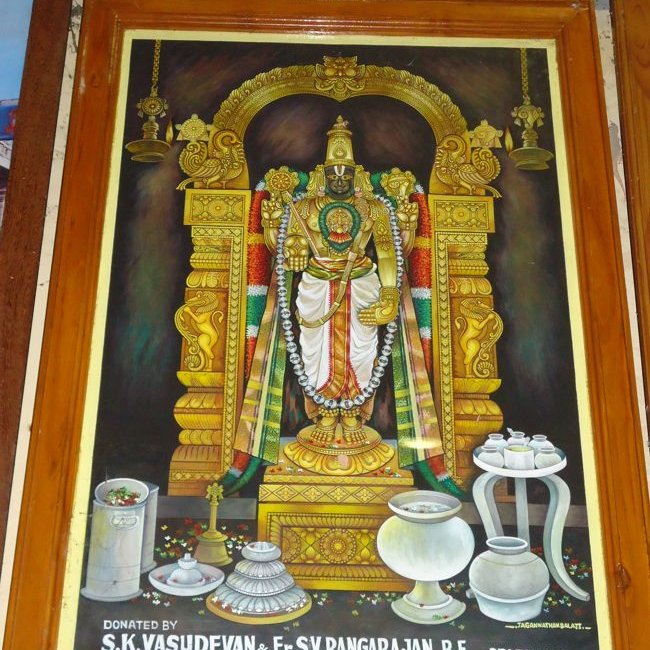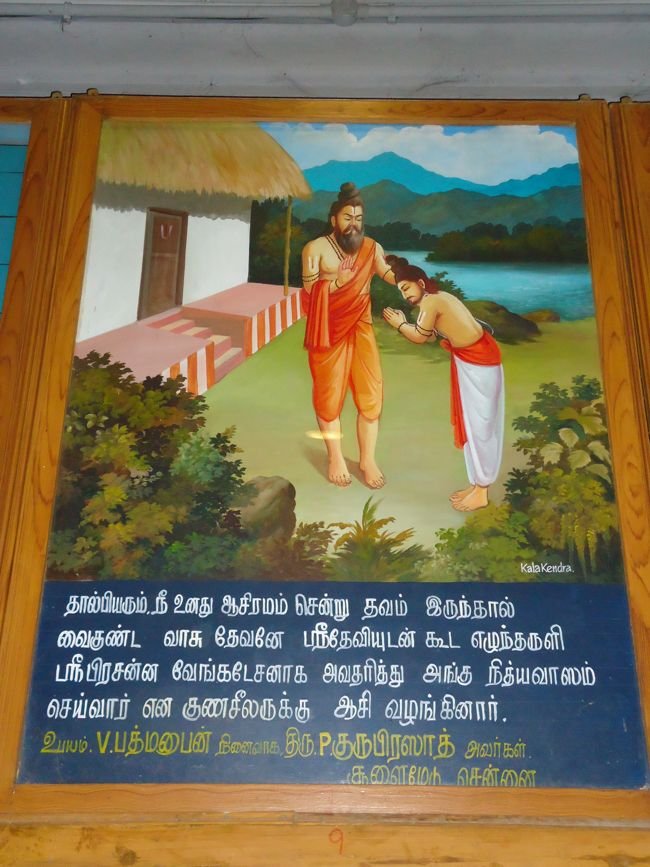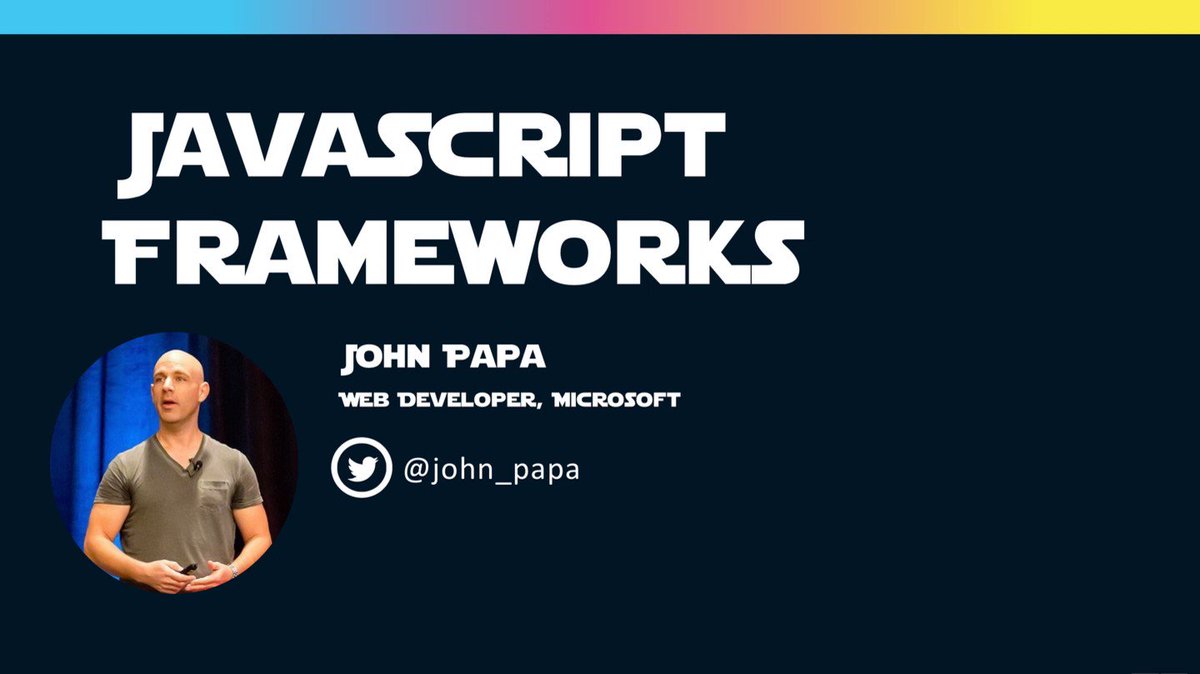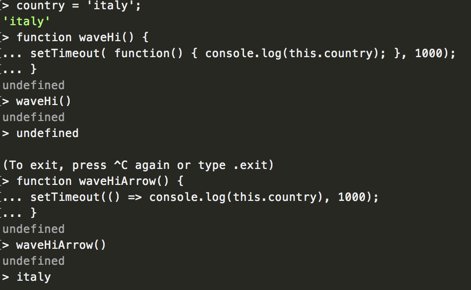THREAD: Understanding pivot. Growing pressure from world population life-style will reach a point where it is damaging the capacity of Earth systems to an extent where life support will be challenged. It is simply a question of at what stage governments act. 1/X


-which societal services and Earth systems are involved?
-how well is the societal system performing now?
-what drawdown stage has been reached? For example: 4/x
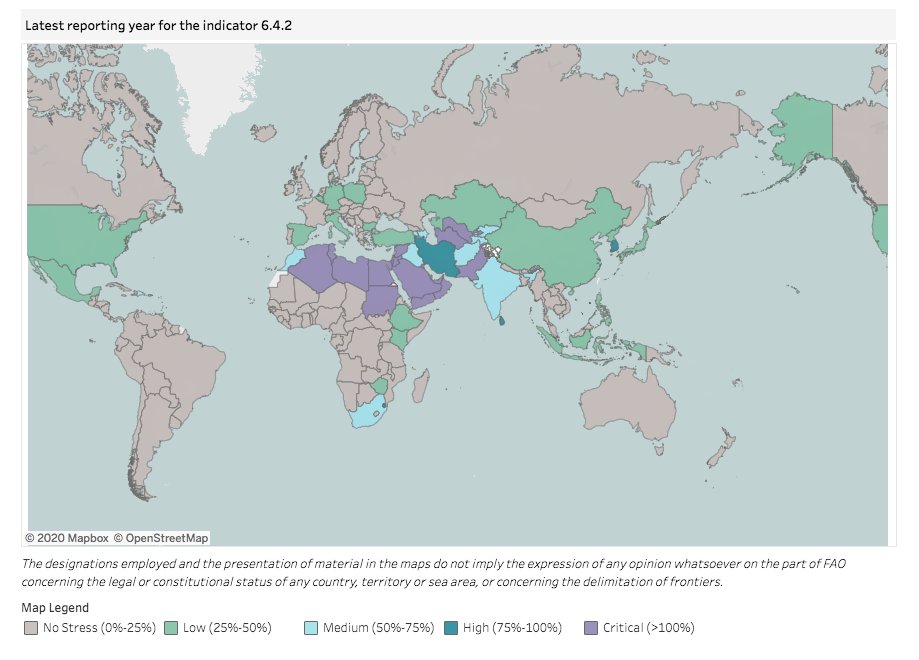
-Stewardship of current societal and Earth systems
- Increase societal performance whilst stewarding systems
- regenerate Earth system whilst ensuring society system continues to perform
- Full pivot 7/x


More from Science
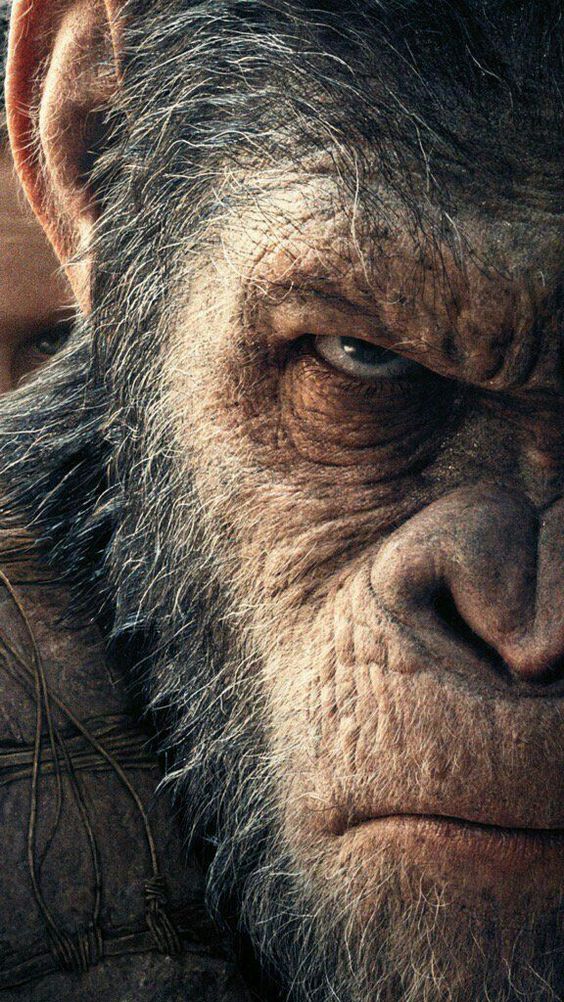
https://t.co/Xe5xFdtDfO

https://t.co/e3RBxj0ly3
1. Monkey Outrage!
— Billy Bostickson \U0001f3f4\U0001f441&\U0001f441 \U0001f193 (@BillyBostickson) August 17, 2020
The worst treatment was kept for the monkeys. The macaques breed of monkeys are small, relatively light primates, which are often used for animal experiments at LPT. \u2018They are kept in cramped conditions in small cages. https://t.co/6D0yisjd9B
https://t.co/cJlCMqyP2v
11. Max Planck Monkey Photos (2) pic.twitter.com/0yE9D6iswp
— Billy Bostickson \U0001f3f4\U0001f441&\U0001f441 \U0001f193 (@BillyBostickson) August 17, 2020
https://t.co/5n5TK67iKB
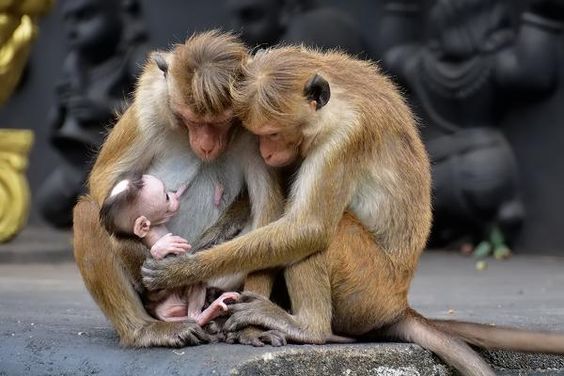
If this is true raises the question of why certain (fringe & unethical) views got access to No.10 while others were ignored... https://t.co/A75HrSEqo4
— Prof. Devi Sridhar (@devisridhar) December 13, 2020
I want to talk about 3 things:
‼️Their fringe views are inhumane, unethical junk science that promotes harm
‼️They complain that they've been marginalized but this is simply untrue
‼️I am sick of people telling me we have to "listen to both sides." There aren't 2 sides here 2/n
These 'dissident' scientists have consistently downplayed COVID-19, urging policymakers not to take aggressive control measures. They claim it is not a serious threat. Gupta even went on TV saying people under 65 shouldn't worry about it!
RECEIPTS
They have consistently argued that policymakers should just let the virus rip, in an attempt to reach herd immunity by natural infection. Kuldorff *continues* to argue for this even now that we have many highly effective, safe vaccines.
Focused Protection: The Middle Ground between Lockdowns and "Let-it-rip". An essay by Jay Bhattacharya (@Stanford), @SunetraGupta (@UniofOxford) and @MartinKulldorff (@Harvard). https://t.co/T8uLxSFwgh
— Martin Kulldorff (@MartinKulldorff) December 11, 2020
We've never controlled a deadly, contagious pandemic before by just letting the virus spread, as this approach kills & disables too many people. In Manaus, Brazil, 66% of the city was infected & an astonishing *1 in 500* people died of COVID-19
Thank you again @JamesEBartlett for a fantastic talk (with a really nice personal touch) on reproducible workflows!
— RIOT Science Club Wolverhampton (@riotscience_wlv) February 16, 2021
Thanks especially for the co-leads @IMLahart for co-hosting and @DrManiBhogal for nabbing James!
Slides: https://t.co/CNqxzOhch1
Video: https://t.co/YjHEHuRJlz
My inspiration was making open science accessible. I wanted to outline the mistakes I've made along the way so people would feel empowered to give it a go. Increased accountability is seen as a barrier to adopting open science practices as an ECR
It also comes across as all or nothing. You are either fully open science or your research won't get anywhere. However, that can be quite intimidating, so I wanted to emphasise this incremental approach to adapting your workflow
There are two sides to why you should work towards reproducibility. The first is communal. It's going to help the field if you or someone else can reproduce your whole pipeline.
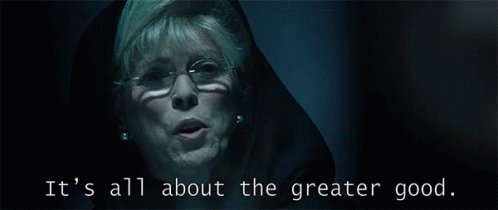
There is also the selfish element of it's just going to help you do your work. If you can't remember what your work means after a lunch break, you're not going to remember months or years down the line
Why are lunch breaks important for #code?
— Dr Rebecca Hirst (@HirstRj) February 11, 2021
If you can't remember what your variable names refer to after lunch, you sure as hell won't remember in 3 months.
You May Also Like
Ironies of Luck https://t.co/5BPWGbAxFi
— Morgan Housel (@morganhousel) March 14, 2018
"Luck is the flip side of risk. They are mirrored cousins, driven by the same thing: You are one person in a 7 billion player game, and the accidental impact of other people\u2019s actions can be more consequential than your own."
I’ve always felt that the luckiest people I know had a talent for recognizing circumstances, not of their own making, that were conducive to a favorable outcome and their ability to quickly take advantage of them.
In other words, dumb luck was just that, it required no awareness on the person’s part, whereas “smart” luck involved awareness followed by action before the circumstances changed.
So, was I “lucky” to be born when I was—nothing I had any control over—and that I came of age just as huge databases and computers were advancing to the point where I could use those tools to write “What Works on Wall Street?” Absolutely.
Was I lucky to start my stock market investments near the peak of interest rates which allowed me to spend the majority of my adult life in a falling rate environment? Yup.








